And a Juggernaut was Born
Main Cast: Charlton Heston, Roddy McDowall
Director: Franklin J. Schaffner
Astronaut George Taylor (Charlton Heston, THE OMEGA MAN) and the rest of his crew, Landon, Dodge and Stewart, are in suspended animation when their ship crash lands on an alien planet 2000 years in the future. The crew wakes up and realizes their ship is sinking and are forced to abandon ship, leaving behind the remains of Stewart, whose life pod was cracked, leaving her a shriveled corpse.
The trio sets out to explore this strange new world, which seems at first to be all desert. Then they discover life in the form of a small plant growing in the middle of nowhere. Realizing that where there’s one, there are bound to be more, the crew sets out again with renewed vigor, eventually coming upon a vast cornfield where they find dozens of human-looking beings, clothed in animal skins and feasting on the bountiful harvest.
But just as Taylor and his crew start thinking about the advantage they have over these very primitive types, the tables are turned and they quickly become the hunted as a band of mounted soldiers spring traps and chase down the humans to bring them back for study. Even more surprising to Taylor is that the hunters resemble Earth apes, only these creatures wear clothes, walk mostly upright, and they talk. Not only that, but the apes have formed a society, with a city, homes, jobs, structure and religion and all the things human beings think differentiates them from other animals.
They have arrived on PLANET OF THE APES.
During the hunt Taylor was shot in the neck, but a doctor back at Ape City saves his life before he’s stuffed into a cage. Taylor can’t talk, but the animal psychologist studying him, Dr. Zira (Kim Hunter, A STREETCAR NAMED DESIRE), is astounded by his ability to mimic her actions and to pretend to talk–humans in this society are mute, so the idea of humans pretending to talk is quite the novelty.
Zira takes a shine to her new pet and shows him off to her fiancee, Cornelius (Roddy McDowall, FRIGHT NIGHT). After an outside altercation with another human when Taylor tried to write a message in the dirt, he is tossed back into his cage, just before snatching Zira’s pen and pad from her smock. He writes “My name is Taylor” and all of Ape City is stunned. Well, Dr. Zira is stunned anyway, as she’s the only ape who sees it. But she quickly takes Taylor to Cornelius where Taylor writes out everything that has happened to him thus far.
Cornelius, an archeologist with heretical theories of apes having evolved from some man-like species in the distant past, can’t bring himself to buy into Taylor’s incredibly story, certain the man is simply going through a learned routine. Certainly the man can’t actually THINK or use REASON. Men are merely animals.
What will they do with this man?
While many cold war themes were injected into the plot, the real subtext here is racism. In Ape City there are three main types, gorillas, chimpanzees and orangutans. Each group has its own class within the grand structure where the light-skinned orangutans are the politicians and religious leaders while the slightly darker chimps are the doctors and teachers. The dark-skinned gorillas are the soldiers and laborers. Also with the juxtaposition of Taylor as the animal and the apes as the distinguished members of society, the symbolism is anything but subtle in this movie.
Made on a budget of $500,000, PLANET OF THE APES (from the novel written by Pierre Boulle) was a stunning achievement for its time. The make-up effects from this movie won the first-ever Academy Award for make-up, a category that, at that time, didn’t even exist yet. The movie spawned four sequels, two television series, and three reboots as well as countless merchandising items and is still, 53 years later, being talked about and remade and rebooted. Whatever collective unconscious thing Boulle tapped into with that first novel, whatever director Franklin J. Schaffner (PATTON) and producer Arthur P. Jacobs infused into their movie, it was obviously some powerful stuff to still be so alive over half a century later.
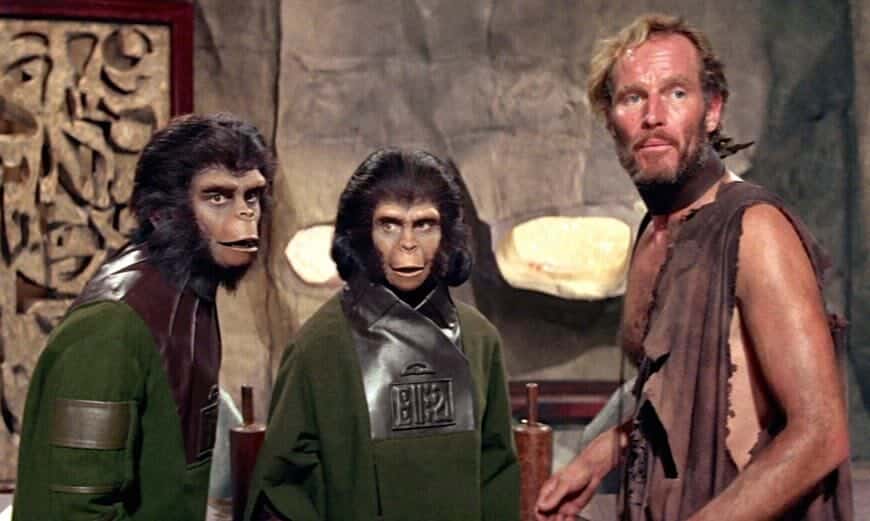
PLANET OF THE APES is one of those cultural monstrosities that become bigger than the sum of its parts. People who’ve never even seen these movies know what they’re about. Lines from it are still being repeated and parodied in movies and TV shows all the time. It’s huge.
Watching the movie, it’s evident how much care went into production design. In the original novel, the ape society resembles earth society of the 1960s, but for the movie things were changed to save money. The city is much more primitive, more closely resembling something out of the Flintstones in terms of architecture. Transportation is either on horseback or carriages, but they possess medical equipment, rifles and museums.
Since the story is told from Taylor’s point of view, very little of everyday household ape living is shown. It’s mostly only at work that we see the apes, never during downtime, so how they live their day to day lives we don’t know. But they have careers, they earn raises, they go to a worship service, and have laws and schools.
The ape makeup is obviously something pretty impressive to earn an award in a category that didn’t even exist, and even now it still looks awesome, even in if certain scenes the limitations become obvious (most notably when Cornelius and Zira kiss; the actors had no feeling of give in the extended portions of the application, so really had no way of telling when the chimp mouths met).
The acting is very good, but I expected that going in. Charlton Heston is a legend and I’ve long-admired Roddy McDowall as well. Kim Hunter brought a strength to Zira that, even in the scenes when she’s acquiescent, is still very strong. She’s a middle-class woman in her society, and she knows when to step back. But make no mistake – Dr. Zira has earned everything she’s got, her job, her status, everything, and she’ll be damned if she lets anyone take it away from her. None of this is evident in the script, but this is the strength of Hunter’s performance.
PLANETS OF THE APES is a science fiction classic, both in terms of what it accomplished visually in its time, and for the story it told. Most of the really classic science fiction stories were allegories for the social and racial tensions of the times, and PLANET OF THE APES takes that idea and explores it to the nth degree. And it does it in fine visual form with some of the most iconic and legendary images on film in this or any other genre.
You don’t have to name the characters or describe the plot or even to have ever laid eyes on one single frame of this movie. Because, having experienced it for yourself or not, you know PLANET OF THE APES when you hear mention of it. That’s some powerful stuff. That’s the kind of immortality writers and filmmakers work every day to achieve. It doesn’t always happen. But in this case, they created a cultural juggernaut that still refuses to be put down. And in my opinion, this movie more than earned its status. 4 1/2 stars, rounded up to 5.

C. Dennis Moore is the author of over 60 published short stories and novellas in the speculative fiction genre. Most recent appearances are in the Dark Highlands 2, What Fears Become, Dead Bait 3 and Dark Highways anthologies. His novels are Revelations, and the Angel Hill stories, The Man in the Window, The Third Floor, and The Flip.

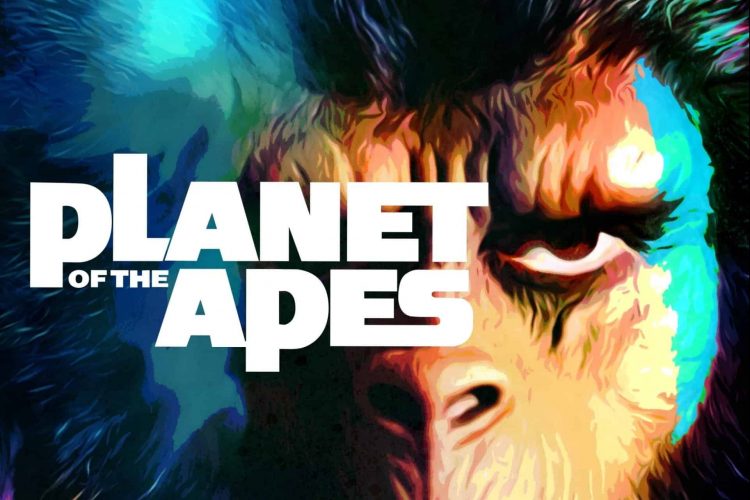

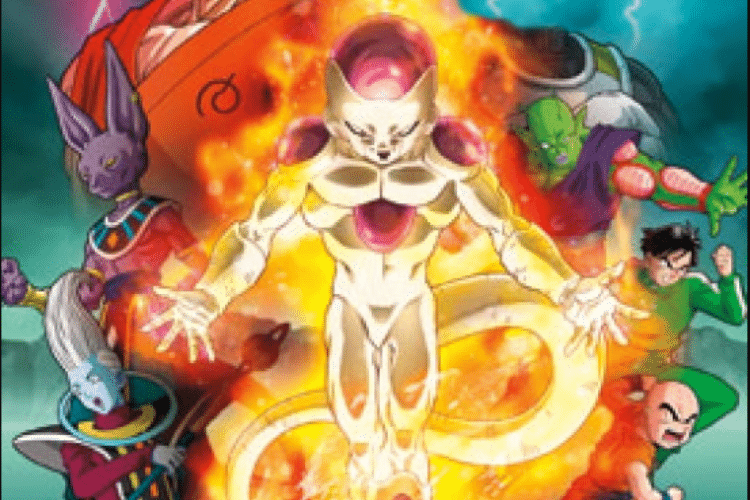
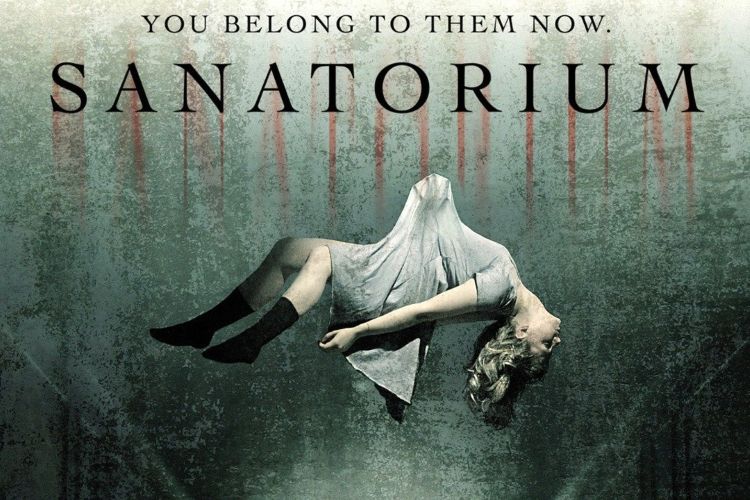
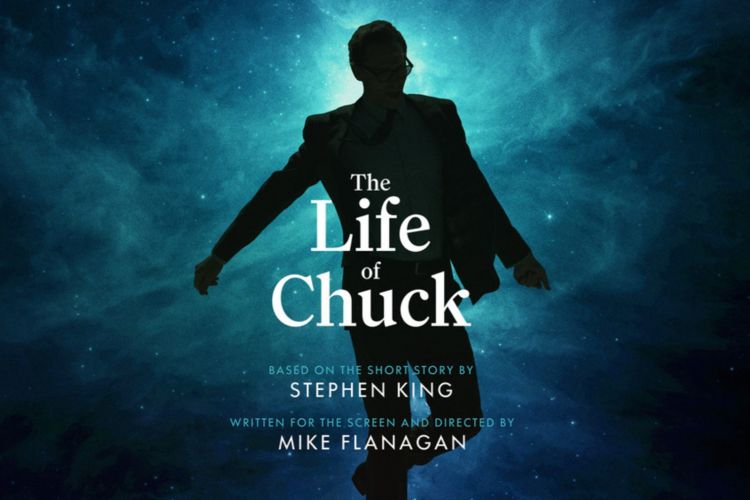
Comments
#Float (2022) Movie Review | Movie Rewind
[…] ~ Planet of the Apes ~ The Dead Zone ~ Pet […]
Battle for the Planet of the Apes Movie Review | Movie Rewind
[…] Planet of the Apes […]
Conquest of the Planet of the Apes | Movie Rewind
[…] Planet of the Apes […]
Escape from the Planet of the Apes (1973) Review | Movie Rewind
[…] of the great tragedies of the PLANET OF THE APES franchise, in my opinion, is the near total absence of Drs. Cornelius and Zira from the second […]
Beneath the Planet of the Apes (1970) | Movie Rewind
[…] the first of several sequels to the 1968 movie PLANET OF THE APES, the 1970 movie BENEATH THE PLANET OF THE APES takes the audience to that forbidden zone our […]